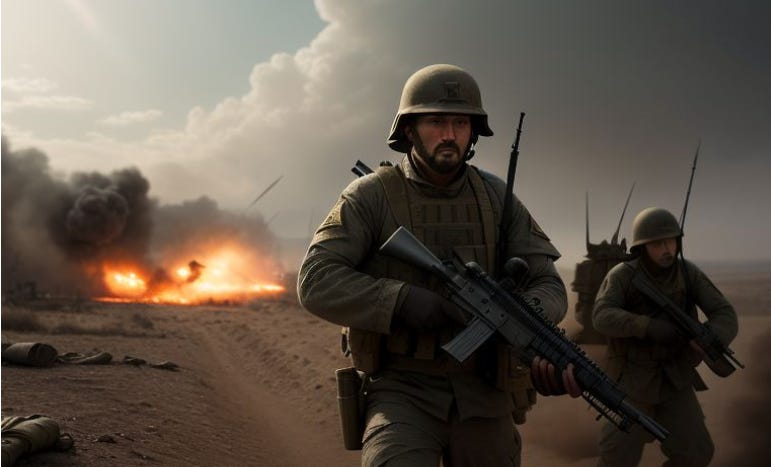The M23 rebel group, backed by Rwanda, has announced a unilateral ceasefire beginning Tuesday, a significant development amid the ongoing violence in the Democratic Republic of the Congo (DRC). The group, which recently seized control of Goma, a vital city in eastern DRC, declared this ceasefire for humanitarian purposes, citing the interruption of aid supplies due to the conflict.
The Congo River Alliance, a coalition including M23, has expressed its intention to allow the flow of essential aid to the city, which has faced severe shortages due to the fighting. Humanitarian groups have raised alarms over the impact of the violence on civilian populations, particularly in the context of medical and food shortages. In addition, there have been rising concerns about the spread of diseases, including mpox, cholera, and measles, exacerbated by the lack of access to healthcare services.
The United Nations reported last week that over 900 people had died in the latest clashes between M23 and Congolese forces. The fighting has not only disrupted daily life but also led to widespread displacement, with around 300,000 internally displaced persons fleeing camps in the outskirts of Goma. Hospitals are overwhelmed, and basic services have been severely compromised, with looting of warehouses and offices belonging to aid organizations.
M23 has stated that it does not intend to advance further beyond Goma, despite reports of movements towards the nearby city of Bukavu. The rebels have reiterated their commitment to protecting civilians, a stance that continues to be met with skepticism by the Congolese government and the international community.
Rwanda’s involvement in the M23 conflict remains contentious. Although the Rwandan government asserts that it is aiding the fight against genocidal elements, critics claim that Rwanda is exploiting the situation for economic gain, particularly in the extraction of valuable minerals from the region. These minerals are essential in manufacturing products such as mobile phones, raising questions about the geopolitical motives behind Rwanda’s support for M23.
The situation has prompted a series of diplomatic efforts aimed at de-escalating the violence. A joint summit of the Southern African Development Community and the East African Community is scheduled for Friday and Saturday in Dar es Salaam, Tanzania, where leaders from Rwanda and the DRC will discuss potential solutions. Despite the ceasefire announcement, it remains unclear whether both sides will adhere to the terms or whether this will merely serve as a temporary pause in the ongoing conflict.
In the face of these challenges, the international community continues to call for a return to negotiations and the establishment of secure humanitarian corridors to address the immediate needs of the affected population. As the ceasefire unfolds, the hopes of a lasting peace in the region remain uncertain, with the specter of further violence hanging over the mineral-rich eastern DRC.





















